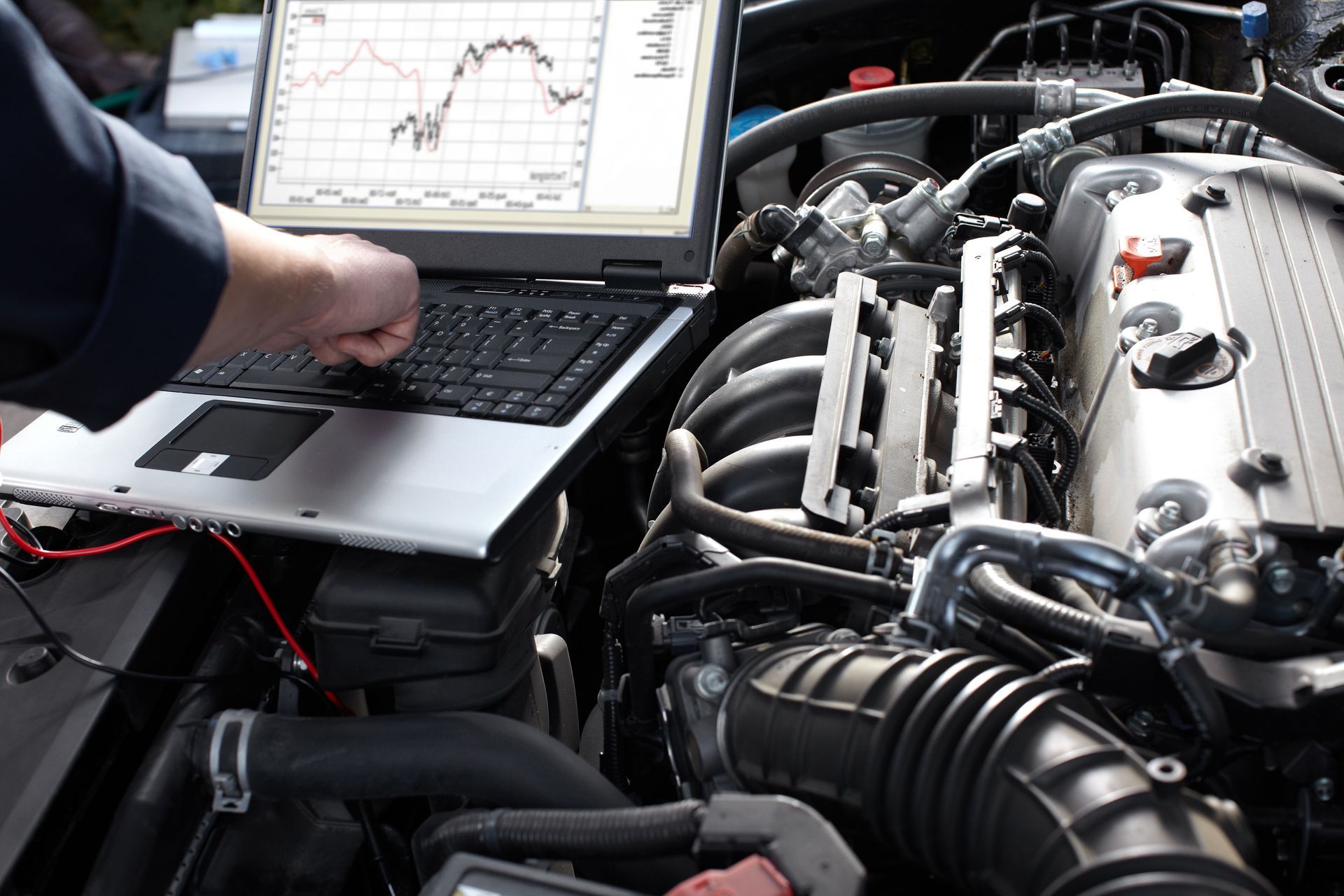Can You Still Drive a Car With a Blown Head Gasket?

Can You Have a Blown Head Gasket With No Symptoms?
It is common knowledge that car engines overheat in the summer, but what many people don’t realize, they overheat in the winter too. When a car overheats too much, it can destroy the head gasket, which allows water or coolant to leak into the oil. Then the oil for the engine is watered down and more severe problems develop.
Before we start a question and answer series here, let’s review what a head gasket is first. The head gasket is just that, a gasket that is placed between the cylinder head and the engine block. This component seals the internal combustion process to allow the coolant and oil to travel in their respective paths throughout the engine for cooling and lubricating.
When a mechanic tells you that you have blown your head gasket, that means this gasket, sandwiched between the cylinder head and engine block is busted. Water is now leaking into the oil or head gaskets are leaking oil into the water unless it is caught right away.
Not really, your call will exhibit symptoms, even if mild and unnoticeable, there will be symptoms that your car’s head gaskets are blown. Okay, so how can I tell if I have a blown head gasket? There are some care makes or models that have established a reputation for blowing head gaskets. Your car may be one of those, which doesn’t mean you have a junker car or you bought a lemon. You simply just need to make sure you have the fluids check on regular basis.
So how can you tell if your car’s head gasket is blown? A few signs would be:
- External coolant leaking from under the exhaust manifold.
- Exhaust pipe is emitting white smoke.
- Bubbles in the radiator or overflow.
- Engine overheating.
- Oil is milky white.
- Spark plugs are fouled.
- Cooling system has low integrity.
What Are the First Signs of a Blown Head Gasket?
As we mentioned earlier, the signs can be subtle for a blown head gasket, so being aware of these eight situations are your warning to get your car to the mechanic ASAP:
- An external coolant or oil around the cylinder head and engine block seam.
- Car engine is misfiring, mechanic testing will determine if there is a leak down of the cylinder compression.
- Car misfires when started followed by white puff from the exhaust.
- A less obvious sign of a blown head gasket is overheating. A bad blown head gasket, you’ll see bubbles in the overflow.
- Blue exhaust smoke can indicate two things: blown head gasket or other internal parts are worn like the rings, PCV system, or valve stem seals.
- Discolored fluids like milky white oil or oily looking water.
What Causes Head Gaskets to Fail?
A seal is formed with the head gasket between the cylinder head and engine block, and it seals the two components together under extreme high pressure, hot combustion gases. It also seals when the engine coolant has the engine at a cold ambient temperature.
Because there is a wide range of temperatures for a fairy large surface area, the head gasket wears and leaks develop over time. Once a head gasket is installed, you shouldn’t be able to see it, but if you can, it means it is slipping out of its sealed position because the engine has gotten too hot from not enough coolant in the radiator.
How Long Do Head Gaskets Last?
As we mentioned, some makes of cars and some models will have a reputation of blowing head gaskets. These aren’t rare, but they aren’t an everyday issue either. The design and engineering of car motors and the head gasket have the intention of lasting up to 200,000 miles, what should be the lifetime of any car.
Can Head Gaskets Be Fixed?
Well, that depends, but many times a blown head gasket can be fixed by the car owner with some great products on the shelf at your local auto parts store. These products actually allow you to create a head gasket without gaskets by creating a seal between the cylinder head and engine block.
However, if you can’t determine if there is a blown head gasket, you’ll need a mechanic to check it for you. There are some DIY test things you can try first, but before you try to repair your own head gasket, having a professional mechanic confirm the problem is always recommended. They have the expertise, knowledge, and skills that can tell you what’s wrong and what needs to be done to repair the car.
One thing for certain, if you so have a blown head gasket, you don’t want to drive it any more than you absolutely have to. Some cars have aluminum engine and if you drive the car with a blown head gasket, you risk the engine overheating and for an aluminum engine, that is usually death of the engine. Call (404) 920-4252 today for blown head gasket repair service in Marietta and Atlanta, GA.






Share On: